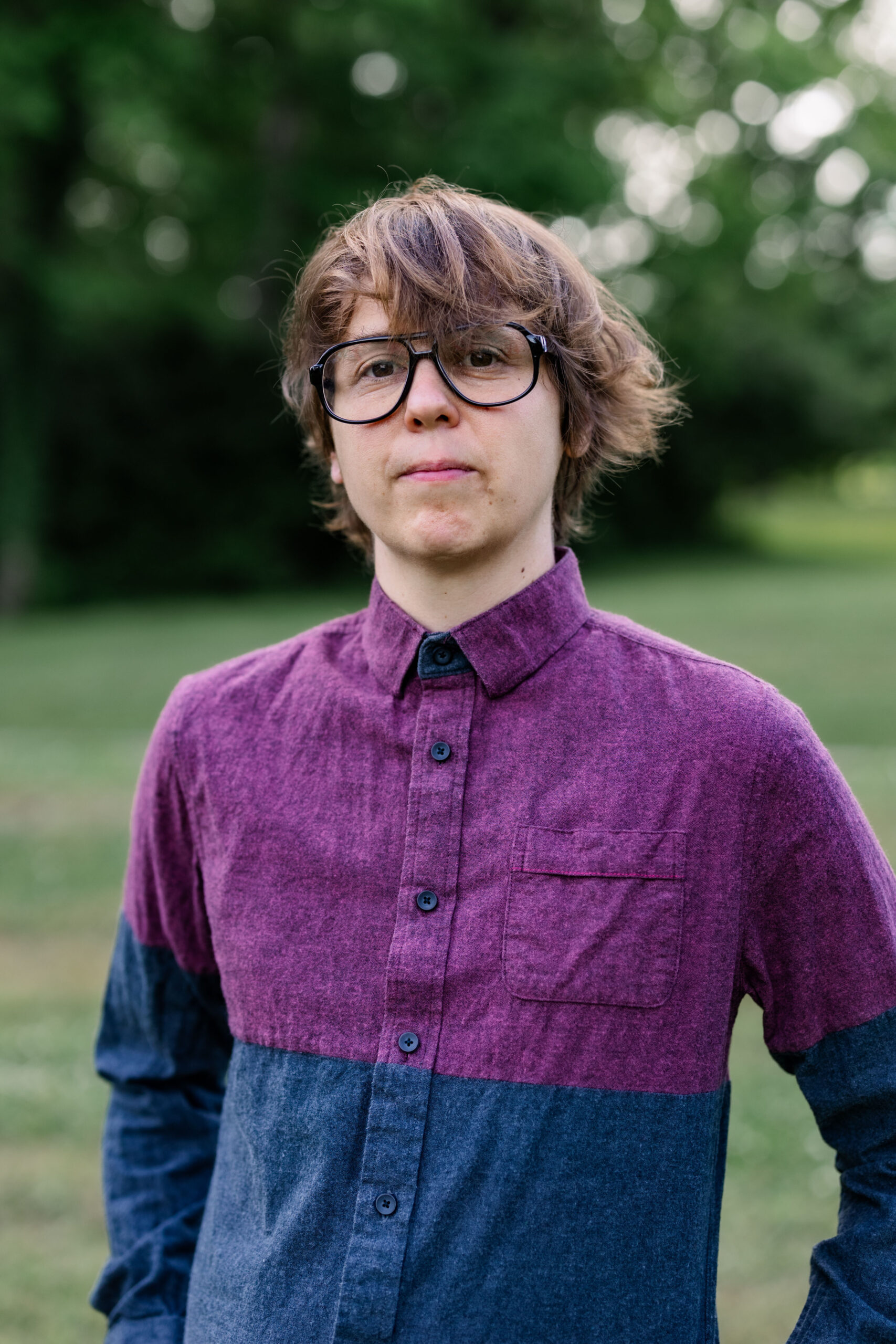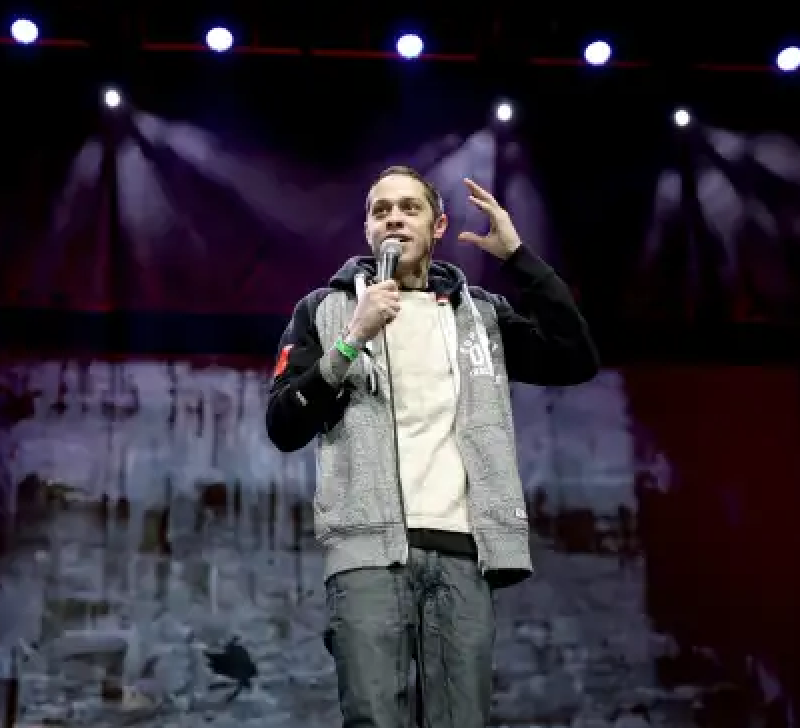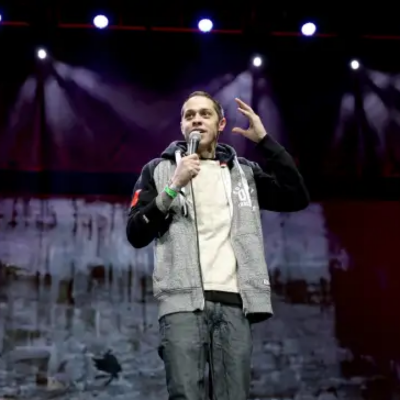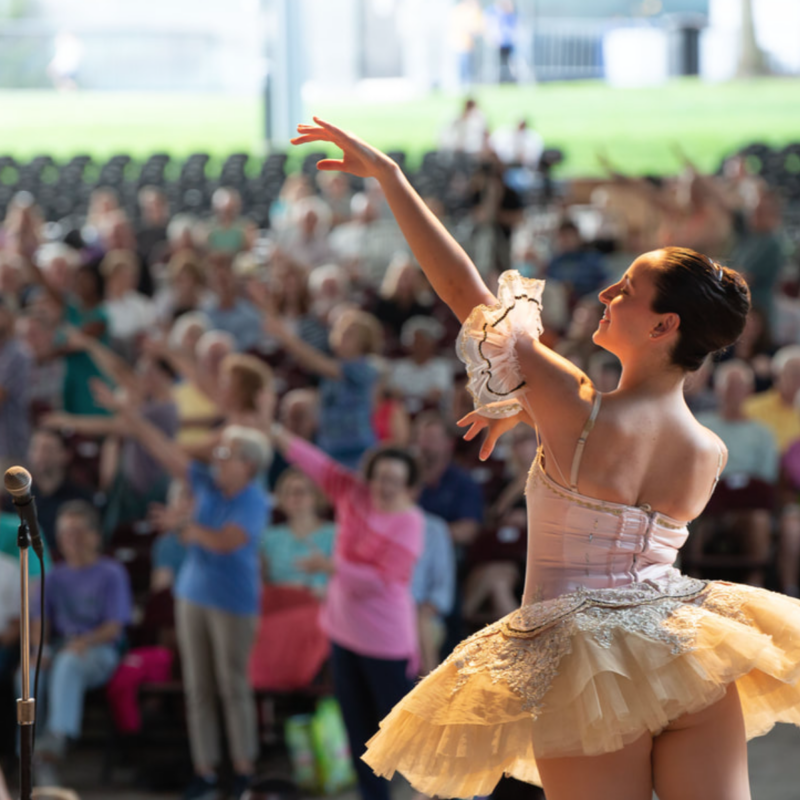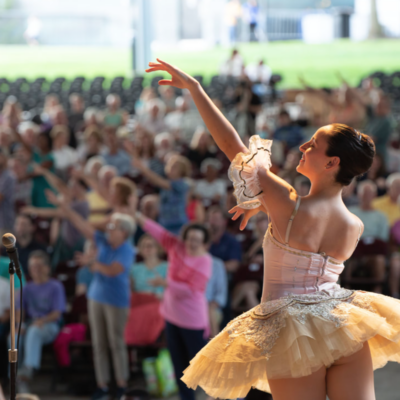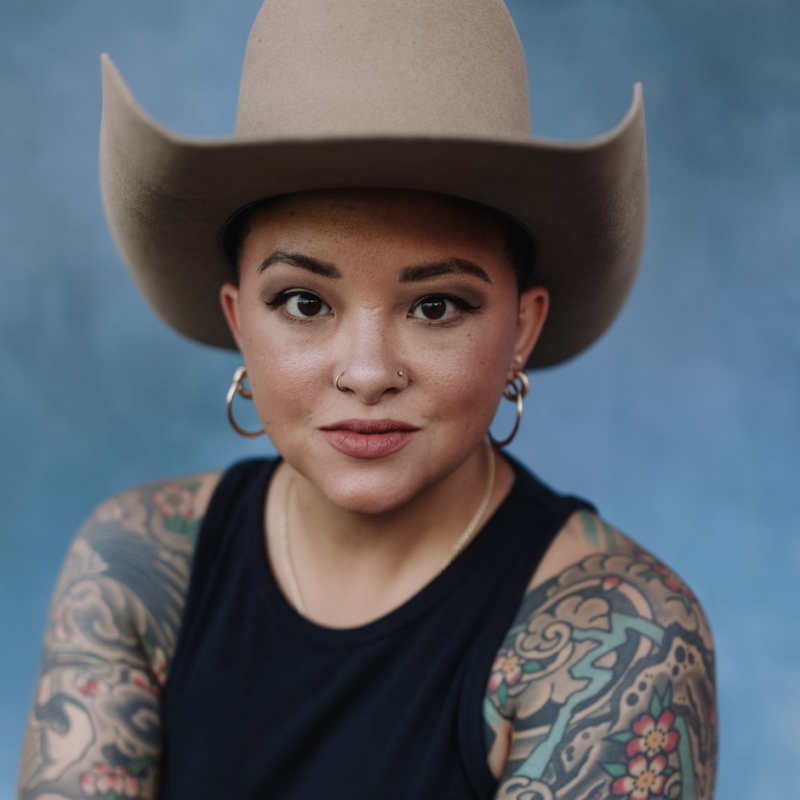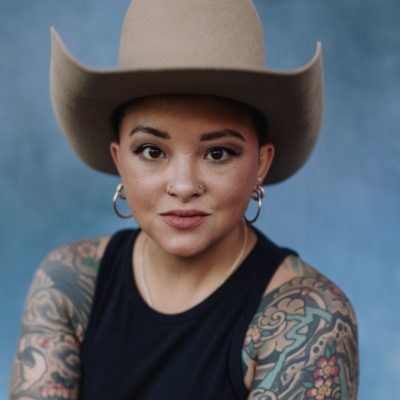Lydi Conklin’s first novel, Songs of No Provenance, was published earlier this month, and tells the story of Joan, a disgraced New York musician seeking reinvention by teaching songwriting at a teen writing camp in rural Virginia. Conklin is also the author of Rainbow Rainbow, a story collection that was long-listed for The Story Prize and the PEN/Robert W. Bingham Prize. Their fiction and comics have appeared in The New Yorker, Tin House, The Believer, and The Paris Review.
C-VILLE: How did experiences with the Virginia-based Young Writers Workshop help inform the setting and dynamics of the writing camp where Joan seeks refuge?
Conklin: Young Writers Workshop definitely formed the inspiration of the camp in Songs of No Provenance. I worked there—it’s a camp for high school writers—for several summers in a row and the intense green of Virginia, the kudzu and overgrown shrubs and vines and the lush grass inspired the setting. Merry Writers is much different from YWW in almost every way, but some of the features of YWW inspired Merry Writers, like the small class size and the attention to unusual genres of writing. The fierce intelligence and talent and self-awareness of the students also shines through … I was always able to get a shocking amount of writing done, and I deeply treasured the landscape and the community of the staff and other teachers. I knew a similar experience would help Joan figure things out about her identity, her harms, and her writing practice, and [help her] become who she needed to be.
Even as she’s willing to sacrifice love and friendship for her musical career, Joan nerds out about “songs of no provenance,” or folk songs that exist without being credited to a specific writer. Describe how this tension between commercial success and creative work for its own sake may exist in your own writing practice.
In Songs of No Provenance I wanted to explore a character who had been driven to a terrible act by her own jealousy, and how that one moment on stage could change her entire life in every way, and how she could begin to repair in its aftermath. One of the ways Joan attempts to reconnect to music is by becoming fixated on these songs without authors, which represent to her a way to connect to music without ego and without musicians. These authorless songs do not prove to necessarily be the answer for jealousy in art, but they are one of the routes Joan uses to connect back to the beauty and joy of art-making.
How do you feel like your approach to writing gender and queerness has evolved over time?
That’s an interesting question. My writing has definitely changed as the culture changes. As Gen Z and the generations after continue to rewrite the discourse on gender and queerness, my writing changes to explore and fold in those shifts, because they fascinate me. The journey of gender and queerness that Joan undertakes through the course of Songs of No Provenance would not have even been possible to write about a decade ago, in my opinion. Even though all kinds of flavors of gender have always existed, they have only become culturally legible for the wider world in the last years.
When did you know that kink was an element of Joan’s character that you wanted to use to shape the story?
I always knew that Joan would have the fixation of her kink—though I actually think of it as going deeper for Joan than many kinks go, spreading into her art and other facets of her life. But it took me a long time to learn exactly what that kink meant for Joan. I had to uncover that aspect of Joan’s character through many drafts to figure out where it came from and how it operates for her.
My editor Kendall Storey helped me so much with the kink aspect. She gave me some books to read as reference such as New Animal by Ella Baxter and King Kong Theory by Virginie Despentes. Those were very helpful in shaping how I thought about that aspect of the story.
You thank a number of folks with ties to Charlottesville who helped advise on some of the music-related aspects of the book. What did this look like?
So for the process of research and consultation on the music aspect, I started out with some old friends—namely Josh Arnoudse, Raky Sastri, and Anna Vogelzang—who I would ask research questions to as they came up. My old friends led me to other friends who led me to strangers, and I ended up with so much help. At the end of writing, the three friends mentioned above each read the book once through, at different stages, to explain to me what details I was getting wrong in the final version. I am so grateful to them for all their work! Adam Brock was a person with a Charlottesville tie who helped me so much along the way. Henry Hoke, a local author, is also a close writing pal who has been alongside me for the journey and inspired me many times, most recently with his brilliant Open Throat, which I often teach. Also I would shout out to Margo Figgins—a lot of this book is about teaching and learning to love teaching, and Margo was one of the most influential people in my pedagogical life. Last local shoutout is to Diane Cluck, one of the musicians I met along the way whose work inspired me hugely, and whose songwriting is unparalleled. Her songs were some of those I studied to try to figure out how Joan would write.
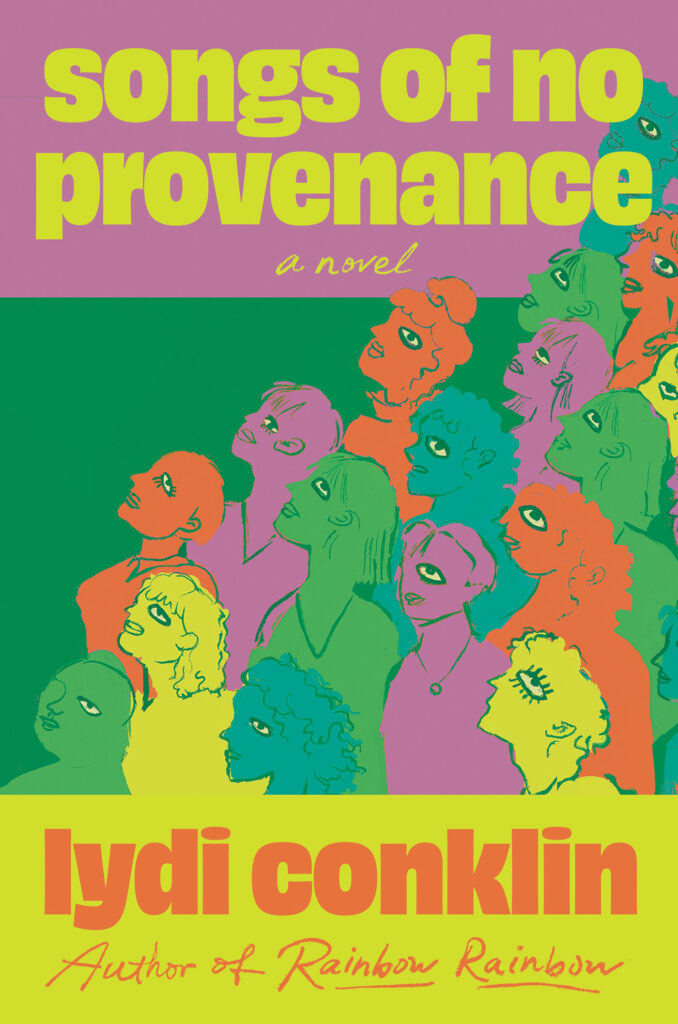
Lydi Conklin will discuss Songs of No Provenance on June 24 at New Dominion Bookshop, in conversation with Henry Hoke. Supplied photo.
